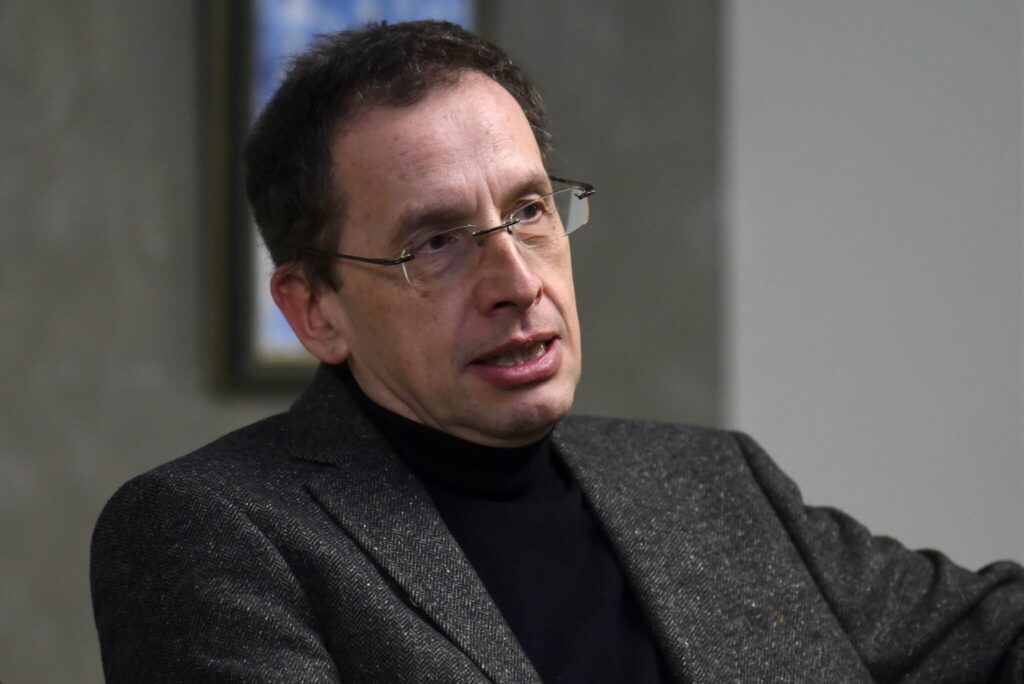“This reflex of thinking that Brussels is similar to Belgrade, so, a city from which we receive instructions we then obediently follow, will have to be changed. The policy of Brussels is shaped by the EU member states and Janša is doing just that,” wrote the university professor Žiga Turk, in response to a post by Delo journalist Peter Žerjavič. Slovenian mainstream media, and even the LMŠ party, quickly grabbed Sassoli’s manoeuvre, as they obviously wish that the Brussels bureaucrats would once again have to make decisions instead of the EU member states and even set mandatory quotas for them.
The socio-political commentator Žiga Turk also added that everyone knows that Prime Minister Janez Janša was not speaking on behalf of the EU when he made the comment in question, and that his tweet has no legal weight: “However, he is formulating policies that have not yet been adopted. But will be at a certain point in time. And that is precisely why Sassoli came forward,” he was clear. He responded to a statement by the mainstream media journalist Peter Žerjavič, who wrote: “The President of the European Parliament has clearly explained to the Slovenian Prime Minister that it is not the Presidency of the European Council that can talk about what the EU will do about humanitarian corridors from Afghanistan…”
Slovenian Prime Minister Janša warned on the social network Twitter that the European Union would not open any European “humanitarian” or migration corridors for Afghanistan. The statement, however, angered socialists across the EU member states. When Janša asked them for a list of member states that are in favour of accepting a new migrant tsunami, everyone remained quiet. “The EU will not open any European “humanitarian” or migrant corridors for Afghanistan,” Slovenian Prime Minister wrote on Twitter on Sunday, the 22nd of August.
“We will not allow the strategic mistake from 2015 to be repeated. We will only help individuals who helped us during the NATO operation. And the EU member states that are protecting our external border.” Janša’s statement provoked the wrath of the European Socialists. The loudest response came from the President of the European Parliament, David Sassoli. “It is not for the current presidency of the Council to say what the European Union will do. All our institutions are working to see what solidarity is needed for those who are at risk from the new regime, not just the Afghans who have worked with us,” Sassoli said in his statement.
A migration-friendly position is quietly and self-evidently trying to be established as a basis for a discussion
We turned to Professor Turk for additional comment, and he explained to us: “The debate on migration policy is starting in the EU after the withdrawal from Afghanistan.” Prime Minister Janša opened it with a clear position, which got a bit more attention than it would usually get because Slovenia is currently presiding over the Council of the European Union. He contributed to the fact that a migration-friendly stance would not just quietly and self-evidently be used as the basis for a discussion. If the EU is a community of members, then such initiatives (and also those that are completely opposite in their substance) are what is expected of members of the European Council. From all members, not just from the prime ministers of the largest countries.
Domen Mezeg


